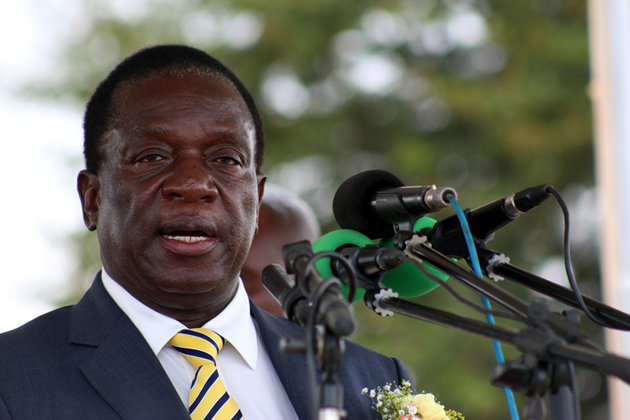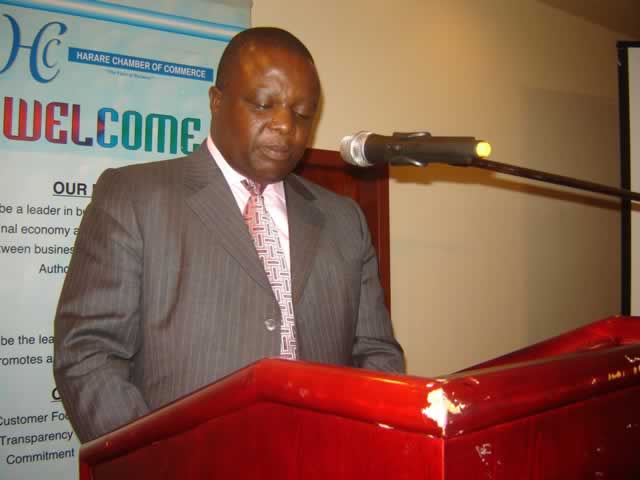VP Mnangagwa urges import substitution

Prosper Ndlovu Business Editor
BUYING locally produced products is the panacea to the country’s economic challenges as more companies and jobs will be created, Vice-President Emmerson Mnangagwa has said.
Speaking at the just-ended Zimbabwe National Chamber of Commerce (ZNCC) 2016 congress, VP Mnangagwa urged locals to embrace the government’s decision to restrict imports for the benefit of local firms.
“I’m convinced that, as a strategy to increase industrial productivity, we need to eliminate unnecessary imports as we push for exports and import substitution by increasing funding in research and development among other strategies,” he told delegates who included Cabinet ministers, academics and industry captains.
“As part of an import substitution strategy, therefore, we need to identify all imported products and find ways of either producing them locally ourselves, or collaborating with foreigners through joint ventures or some other arrangement.”
Through the recently announced Statutory Instrument 64 of 2016, the Government removed several products from the Open General Import Licence with importers now required to obtain licences for them to be able to bring such products.
Among the affected products are hardware and electrical products such as locks, doors, window frames, furniture, blankets, foodstuffs such coffee creamers, camphor creams, white petroleum jellies, body creams, plastics pipes and fittings, bottled water, mayonnaise, salad creams, peanut butter, jams and mahewu.
“This will also curtail imports as exports grow, boosting our cost-competiveness and ability to further expand domestically and into the international market,” said the VP.
“However, as much as we want to protect our industry from competition, we should be aware that excessive trade barriers beget retaliatory measures.
“Zimbabwean companies must, therefore learn to compete in a globalising economy, and on all fronts – including quality, innovativeness, speed, efficiency, packaging and cost.”
He said Zimbabwe needs to develop low cost and affordable infrastructure to spur economic recovery and unlock more opportunities.
The new import regime has sparked wild reactions and protests from travellers, stockists and cross border traders and transporters who benefit from imports.
The VP appealed to the business community and investors to finance rehabilitation of critical infrastructure through private public partnerships and joint ventures.
“Government remains alive to the need for providing enabling transport, energy, water and information communication technology infrastructure for commerce and industry as we embark on a new normal economy,” he said.
The Vice President said such opportunities abound in road, rail, airports, power generation and water infrastructure among others.
“In addition to this, work to expand the Hwange, Kariba, Bulawayo and Harare power stations is progressing well and is due for completion by 2018.
“Turning to rail, about $6 billion is needed for rail capacity upgrade and modernisation,” he said.
VP Mnangagwa said the infrastructure enablers constitute the “life-blood” of commerce and industry hence the need to apply collective minds in developing a strategy to improve infrastructure for optimal business performance.
He said the government has made strides in improving the ease of doing business, which includes the implementation of the e-government programme.
“Our goal should not just be chasing rankings, but to achieve correlation between the ease of doing business initiatives we are introducing and an increased number of foreign and local investors, including those in the Diaspora,” said VP Mnangagwa.










Comments